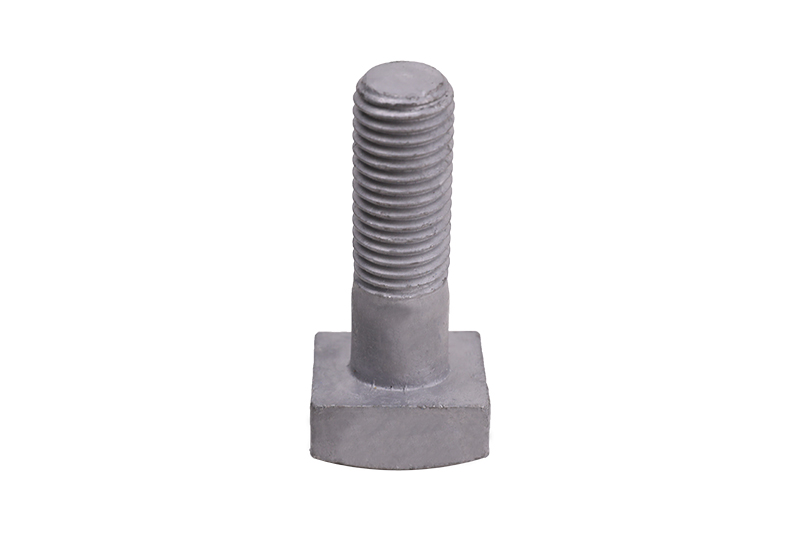Hex nuts with holes come in various sizes. You may need […]
Hex nuts with holes come in various sizes. You may need a smaller hex nut in order to fit through a smaller hole, while a larger one will be needed for larger holes. The materials used in hex nuts vary, too. Some are soft, like aluminum, while others are hard, such as copper. In order to find the right size hex nut for your project, you need to measure the diameter of your pipe and hole.
A hex nut with hole is an excellent choice for heavy-duty applications. These nuts are commonly used for oilfield applications, where two points of contact are required. They can be ordered in different lengths and temperature classes. For additional durability, you can get hex nuts with slotted centers.
A hex nut with hole is also available in plated versions, which are corrosion-resistant and won't tarnish when exposed to air and moisture. However, be aware that a zinc or cadmium-plated hex nut will tarnish first. If you're concerned about corrosion, you should use stainless steel nuts.
The most common type of metric hex nut is the DIN 934 hex nut. This type of hex nut has a threaded internal machine screw and is suitable for virtually all externally threaded fasteners. These hex nuts come in a variety of different alloys. They are typically made of class 70 stainless steel (A270 or 18-8 stainless steel). They are available with extra-fine, coarse, or fine threads and are often right-handed threaded.
Silicon bronze hex nuts are made from copper and tin, but they contain a small amount of silicon. They are more corrosion-resistant than 18-8 stainless steel hex nuts. They are often used in the chemical industry. They also tend to be stronger and have more surface area.
Another type of hex nut with hole is the carriage bolt. They have a smooth rounded head and a square neck, which prevents spinning during assembly. The flange is on the surface, which makes them great for tightening in tight spaces without protruding the nut. To drive them, you'll need a tool called a bottom tap or starter tap. If you're using the latter, you'll need to drill a pilot hole, which should be the same size as the Root Diameter of your fastener.
Another type of hex nut is the SAE J995 Grade 8 heavy hex nut. This type is made from alloy steel and is 100% hardened. It is often used for high-pressure applications. These nuts also contain a manufacturer's identification mark. They are often paired with ASTM A193 Grade B7M fasteners.
